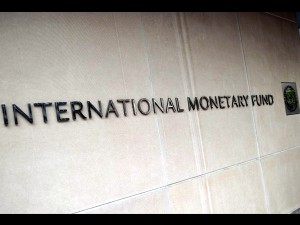MANILA, Philippines — The International Monetary Fund (IMF) has cut its growth forecast for the Philippine economy to 6.75 percent this year amid volatility in global financial markets, which may slightly offset the country’s strong fundamentals.
The new forecast is lower than the previous 7-percent outlook the multilateral lender had for the country. This is also slower than the 7.6-percent growth posted in the first half of the year, implying the continued deceleration in the country’s expansion in the second half. The lowered outlook came following an IMF mission in Manila last September 17 to 20.
“As in other emerging markets following the announcement of prospective tapering of asset purchases by the US Federal Reserve in late May, Philippine assets saw selling pressure that caused the peso to weaken and market interest rates to rise,” the IMF said in a statement.
“Recent delay in the commencement of tapering led to some reversal of previous market developments,” it added.
The IMF said when the Fed does start tightening its monetary policies, the Philippines’ strong fundamentals would help the country continue growing faster than most of the Asia Pacific region.
These strong fundamentals include robust dollar income from remittances and the outsourcing sector, the country’s net creditor status, steady reductions in public debt, and low foreign participation in government securities markets.
The IMF said the country would be able to adjust smoothly to the accompanying capital flow reversal and slow down in regional growth.
Liquidity released through the more restricted access to the Bangko Sentral ng Pilipinas (the central bank, BSP)’s Special Deposit Account (SDA) will also provide some cushion to growth.
